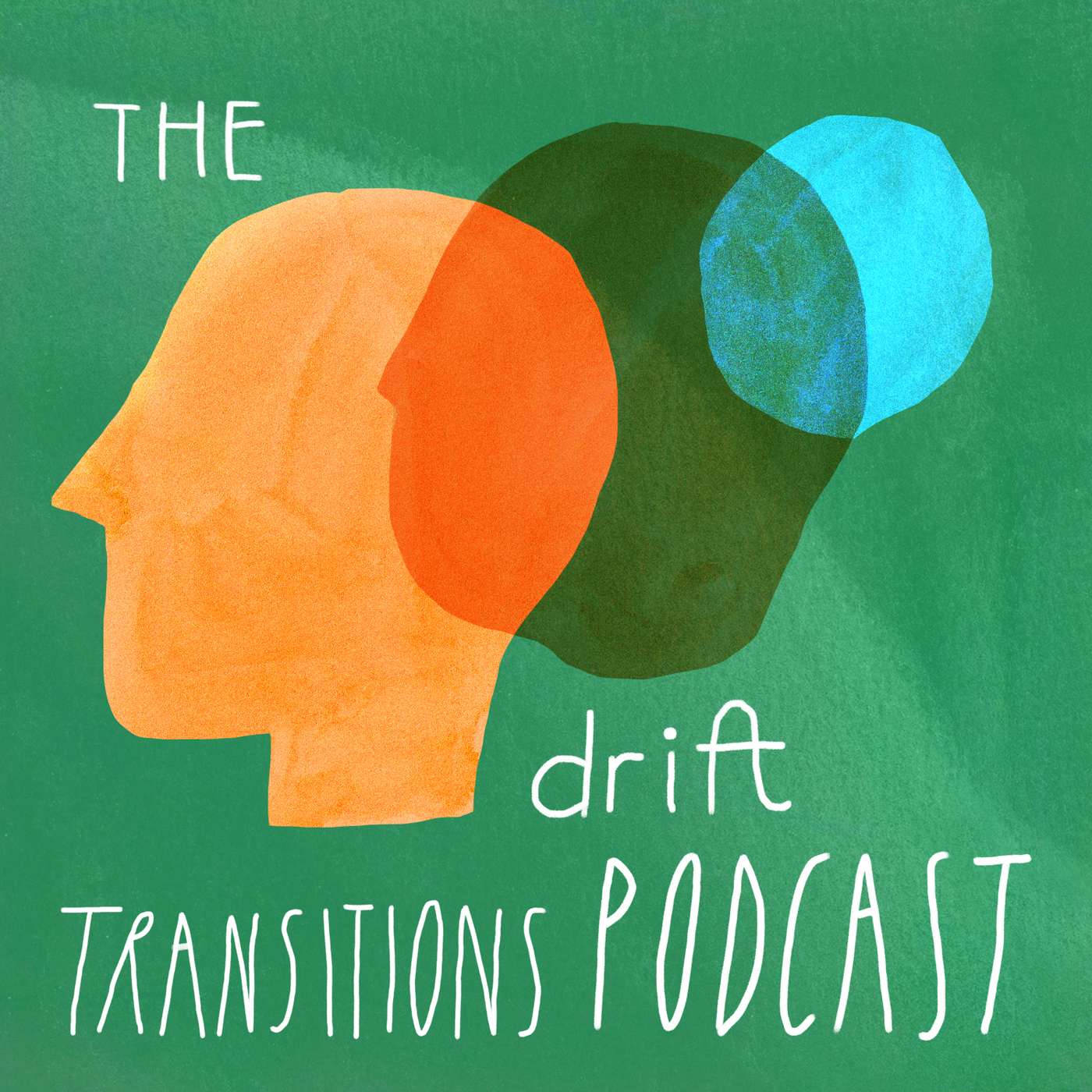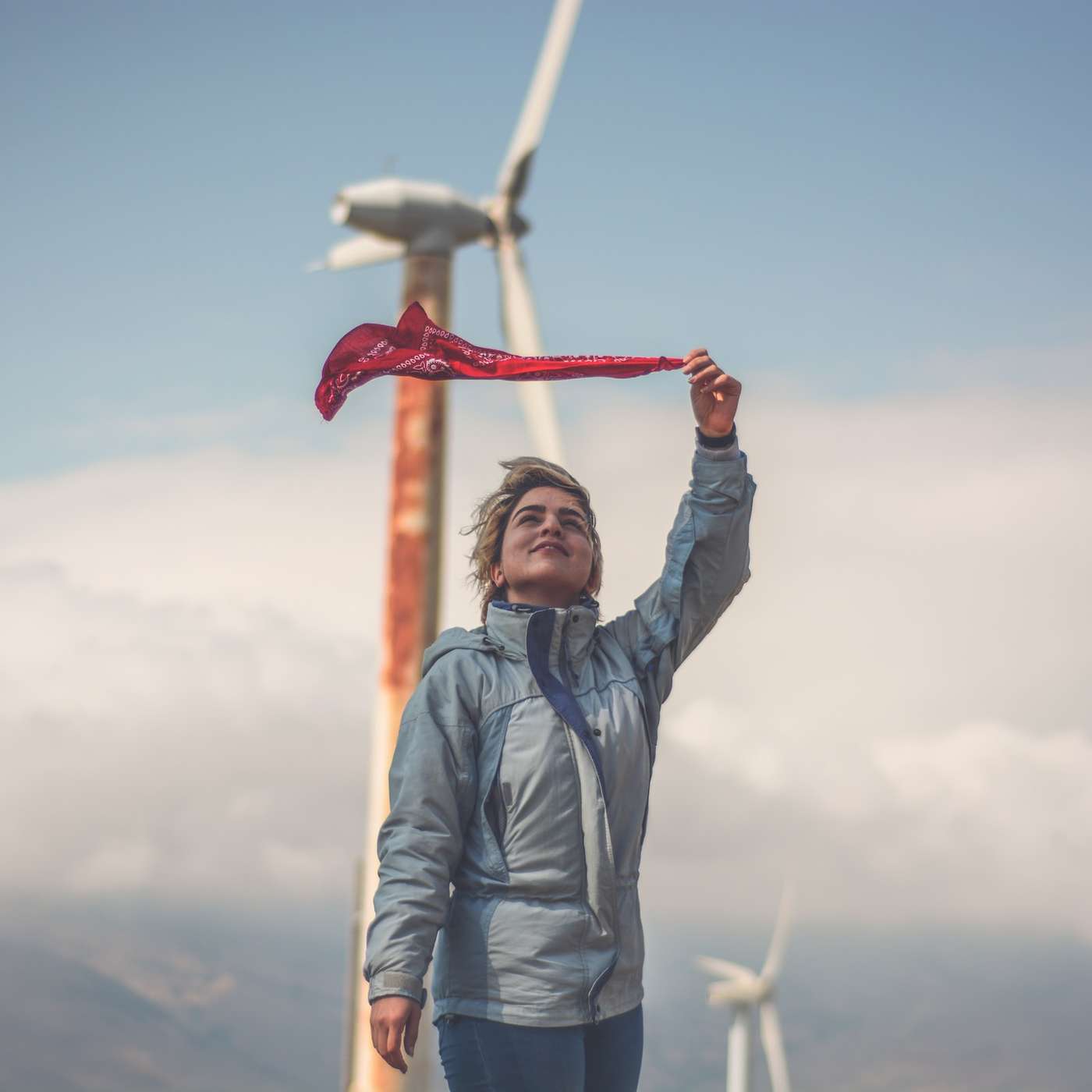The DRIFT Transitions Podcast
Podcast Description
How is it that societies can plot the same course for years and years and then suddenly change at lightning speed? And why do sustainable innovations seem to pop up everywhere, while so few of them truly break through?
To understand this, perhaps a new perspective on fundamental change can help. If we want to grasp how our society can truly transform, we must look at it through the lens of transition thinking.
In this show, Wouter Mulders and a rotating cast of colleagues speak to a number of theoretical and practical experts about transition science. Because by understanding transitions toward sustainability and justice, we can also accelerate them—or at least, that’s what we hope.
The DRIFT Transitions Podcast is produced by DRIFT, the Dutch Research Institute for Transitions, part of Erasmus University Rotterdam in the Netherlands.
Podcast Insights
Content Themes
Episodes focus on themes of sustainability, justice, and societal transformation. For example, the three-part audio series 'Whoosh' explores various perspectives on the wind energy transition, highlighting local community voices and the social implications of energy development.

How is it that societies can plot the same course for years and years and then suddenly change at lightning speed? And why do sustainable innovations seem to pop up everywhere, while so few of them truly break through?
To understand this, perhaps a new perspective on fundamental change can help. If we want to grasp how our society can truly transform, we must look at it through the lens of transition thinking.
In this show, Wouter Mulders and a rotating cast of colleagues speak to a number of theoretical and practical experts about transition science. Because by understanding transitions toward sustainability and justice, we can also accelerate them—or at least, that’s what we hope.
The DRIFT Transitions Podcast is produced by DRIFT, the Dutch Research Institute for Transitions, part of Erasmus University Rotterdam in the Netherlands.
*heads-up: somewhere in this episode you may experience something strange in the audio. But don’t worry, it’s all part of the plan*
In the final episode of ‘Whoosh’, we’re ripping off a band-aid. What if, despite the opportunity to make renewable energy and ecology go hand in hand, there is a clash? What does it look, sound and feel like when offshore wind energy development is at odds with nature conservation? And what can help balanced decision-making when economy, carbon accounting and the true value of nature meet?
To experience this, we ended up not far away from where we started this podcast series, in Pegwell Bay in the UK. Here we’re speaking to head ranger Louis Grover, who is joined by Nina Jones, who works for the Kent Wildlife trust. We discuss the pressures on the local park and reserve, their efforts to halt the installation of offshore wind energy infrastructure and the thinking behind this Rethink Sealink campaign.
And then, our podcast takes a strange sonic turn. We can’t tell you too much beforehand, but it certainly provides food for thought when it comes to listening to underrepresented voices in transitions.
—
This is ‘Whoosh’, a three-part audio series on listening to different voices in the wind energy transition. ‘Whoosh’ is produced by DRIFT as part of the JustWind4All project.
Special thanks to: speakers Louis Grover and Nina Jones, Marius Kooij for editing and music, Sheng-Wen Lo for his thoughts, artistry and enthusiasm, Audrey Wientjes for voice-over, Igno Notermans for feedback and support and Julia Wittmayer as well as the entire JustWind4All project team for making this possible.

Disclaimer
This podcast’s information is provided for general reference and was obtained from publicly accessible sources. The Podcast Collaborative neither produces nor verifies the content, accuracy, or suitability of this podcast. Views and opinions belong solely to the podcast creators and guests.
For a complete disclaimer, please see our Full Disclaimer on the archive page. The Podcast Collaborative bears no responsibility for the podcast’s themes, language, or overall content. Listener discretion is advised. Read our Terms of Use and Privacy Policy for more details.
